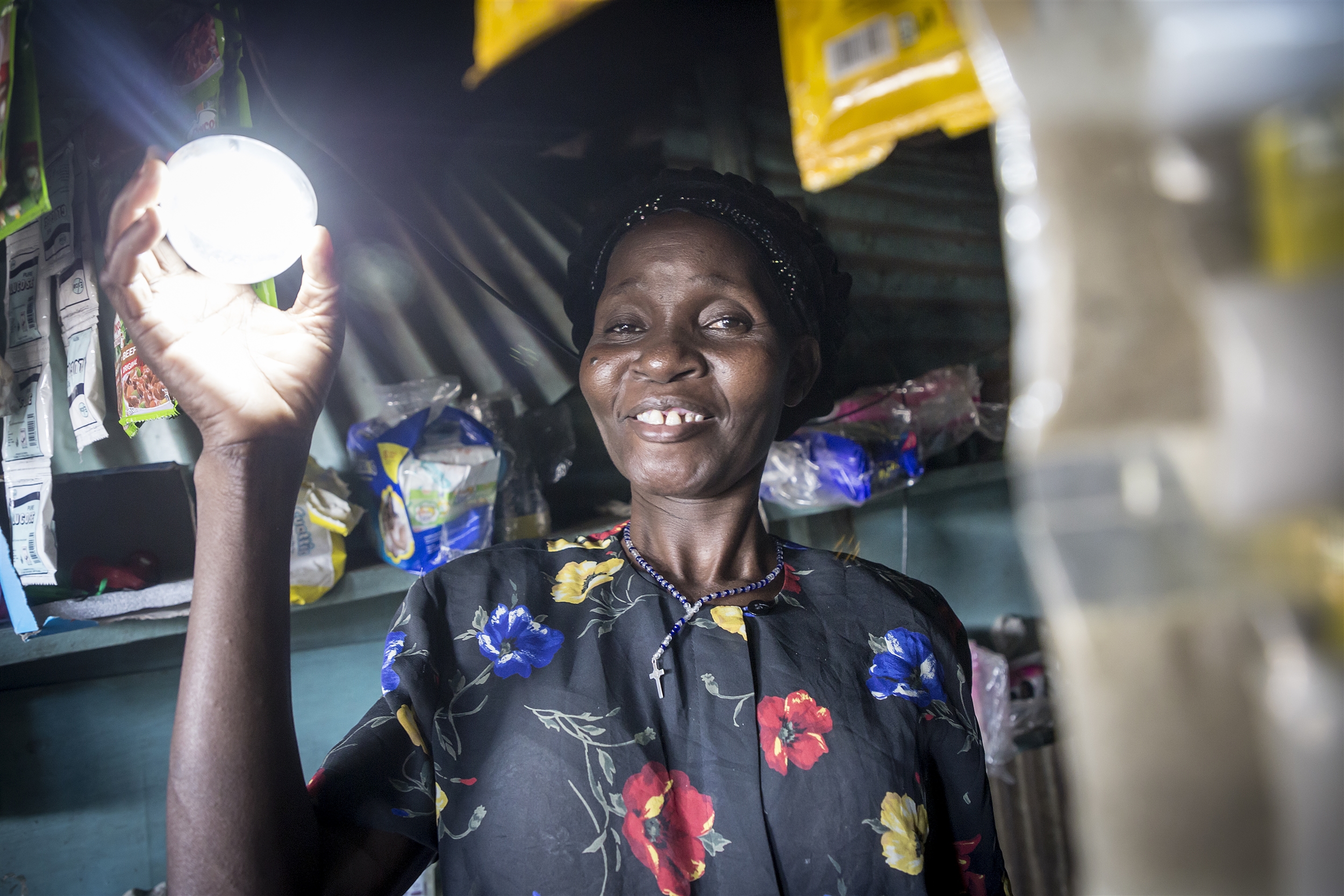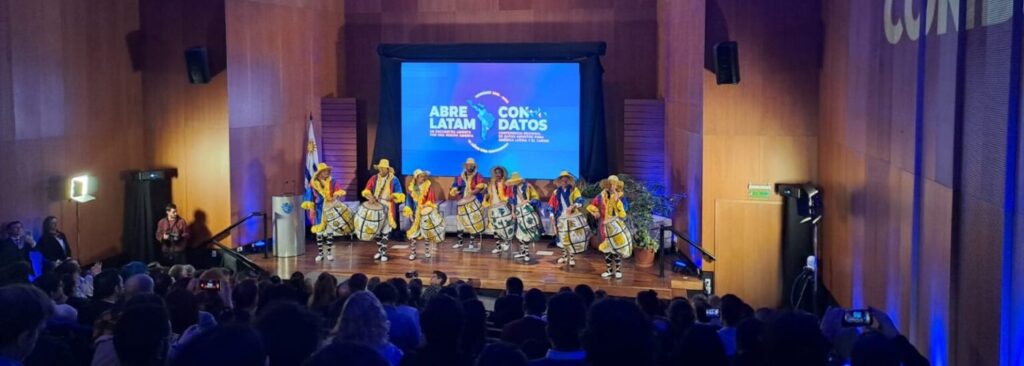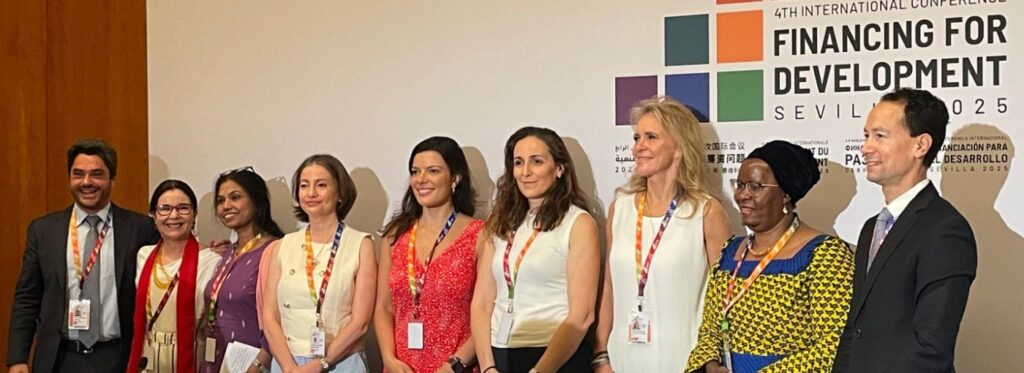On International Women’s Day 2019, we shine a light on our gender partners who drive change for women and help accelerate gender parity across the world. Together with them we are creating a gender inclusive green society, where women and men have equal access to – and control over – renewable energy.
The energy divide
Women and men are affected differently by energy access or the lack thereof. Women and girls are more exposed to indoor air pollution from using solid biomass and coal for cooking and from using candles, kerosene and other polluting fuels for lighting. They also face specific barriers in accessing energy sources. Men often have a stronger decision-making role over energy products and services in the household, and even where infrastructure is available, women are denied finance and appliances.
Women also spend an average of 1.4 hours every day collecting firewood and several hours cooking on inefficient stoves. This is valuable time that could be used for other activities to generate income or learn new skills.
At the same time, the potential benefits of energy access for women are huge. Energy policies and programs that explicitly address gender issues while involving women in decision-making, planning and implementation have better outcomes and improve livelihoods of entire communities. As Rita Poppe, policy advisor Green Inclusive Energy at Hivos, points out: “energy access is critical for women’s well being, and women are critical for scaling up energy access”.
Investing in women
The Green and Inclusive Energy creates space for both men and women while specifically increasing opportunities for women that will allow them greater and more productive participation in politics, society and the economy.
We do this by working together with gender partners in the countries we work in:
Zimbabwe Women’s Resource Centre and Network
The Zimbabwe Women’s Resource Centre and Network (ZWRCN) is a non- governmental organization committed to promoting women’s social and economic justice in Zimbabwe and globally, through the power of information, networking and strategic advocacy. They mainstream gender into local and national governance policies, programs and budgets to achieve good economic governance. Read more about Zimbabwe Women’s Resource Centre and Network here.
Tanzania Gender and Sustainable energy network
Tanzania Gender and Sustainable energy network (TANGSEN) is a professional network advocating for women empowerment and increased access to modern energy technologies and services in Tanzania. In the Green and Inclusive Energy program they focus on lobbying and advocacy on issues related to SEforALL, gender and social inclusion, and capacity building. Read more about Tanzania Gender and Sustainable energy network.
Tanzania Gender Network Programme
Tanzania Gender Network Programme (TGNP Mtandao) is an activist non-profit organization that emerged through a collective process of critical reflection by leaders of key women’s and gender organizations about the situation of women who are the most exploited and oppressed people within the exploited laboring classes. They facilitate the transformative feminist movement that influence and contribute to gender responsiveness of policy formulation and implementation in the areas of Agriculture, Water, Health, Education and Extractive Industries, for equitable resource allocation and sustainable livelihoods. Read more about the Tanzania Gender Network Programme here.
ENERGIA
The International Network on Gender and Sustainable Energy (ENERGIA) specifically focuses on increasing opportunities for women to allow them greater and more productive participation in politics, society and the economy. The organization distributes clean energy technologies through women-run enterprises. Women are trained to manage their businesses, and go on to earn new income with which they can support themselves and improve the well-being of their families. Read more about ENERGIA here.
Also watch the video ENERGIA explaining how investing in women contributes to development:
In conclusion, women are the backbone of the world’s energy system and play a vital role in building green societies. That is why we apply a gender lens and support women in our Green & Inclusive Energy program.




